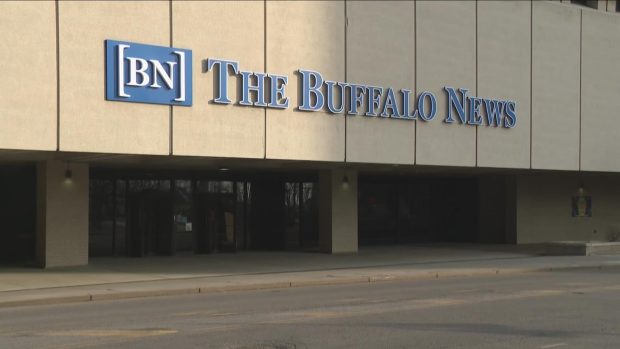August 27, 2025
Medical Aid in Dying Act extensively reviewed
As Gov. Hochul considers whether to sign the Medical Aid in Dying (MAID) Act, it’s vital that New Yorkers understand what the bill does and does not do, reports Kathleen Sweet.
As president of the New York State Bar Association and a member of NYSBA’s Task Force that spent months reviewing the legal, ethical, public health and policy considerations, and impact, of MAID, I am proud of the Bar Association’s support for this important legislation. I note that the Medical Society of the State of New York also supports the bill.
MAID offers dignity, compassion and a sense of autonomy for those suffering from terminal illness, while also providing important safeguards.
Only adults with decision-making capacity, who have a terminal illness with six months or less to live and the ability to ingest the medication on their own, qualify. The bill defines “terminal illness” as one that is “incurable and irreversible.”
The bill includes additional safeguards, including that two physicians must confirm that the person seeking MAID is terminally ill.
The attending physician must provide the patient with resources about other end-of-life options including palliative care and hospice.
A mandatory mental health evaluation must be done if either physician has concerns about the person’s decision-making abilities.
The individual seeking MAID must make a written request for the medication, witnessed by two people. No physician, health provider or pharmacist can be compelled to participate in MAID. Anyone who attempts to coerce a patient to pursue MAID can be criminally prosecuted.
During our extensive research, the Task Force found no evidence of abuse or coercion in the 11 U.S. jurisdictions that have already implemented MAID .
After studying Medical Aid in Dying for months, receiving testimony from supporters and opponents of the bill, those who have witnessed their loved ones suffering and dying in pain, and professionals experienced with MAID , we concluded that the bill was sound.
Many New Yorkers like me have borne witness to a loved one’s unrelenting agony as inevitable death nears and pain relief is elusive.
It is a haunting memory that stays with you.
Medical Aid In Dying is not the choice everyone would make, but it is an option everyone should have.
Kathleen Sweet is a partner at the Buffalo firm of Gibson, McAskill and Crosby.
